Action Plan for Chapter 23 and the National Strategy for the Prosecution of War Crimes – dead letters
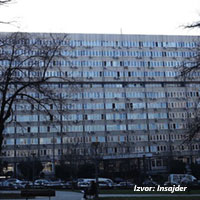
 More than a year after the adoption of the Action Plan for Chapter 23 (Action Plan), the provisions of this document relating to the prosecution of war crimes are being carried out superficially, for merely ”cosmetic” purposes, and many of the prescribed activities are not being carried out at all. The situation is the same when it comes to the implementation of the National Strategy for the Prosecution of War Crimes (National Strategy). It must therefore be said that the state authorities responsible for the implementation of the above provisions of the Action Plan and National Strategy are falsely informing the public about their work, and continually making it difficult for the civil society to access relevant information and monitor their work. The Humanitarian Law Center (HLC) believes that such behaviour is contrary to the obligations of the accession negotiations with the EU, and is an indicator of Serbia’s lack of commitment to the reform process, as well as sincere effort to prosecute war crimes more efficiently.
More than a year after the adoption of the Action Plan for Chapter 23 (Action Plan), the provisions of this document relating to the prosecution of war crimes are being carried out superficially, for merely ”cosmetic” purposes, and many of the prescribed activities are not being carried out at all. The situation is the same when it comes to the implementation of the National Strategy for the Prosecution of War Crimes (National Strategy). It must therefore be said that the state authorities responsible for the implementation of the above provisions of the Action Plan and National Strategy are falsely informing the public about their work, and continually making it difficult for the civil society to access relevant information and monitor their work. The Humanitarian Law Center (HLC) believes that such behaviour is contrary to the obligations of the accession negotiations with the EU, and is an indicator of Serbia’s lack of commitment to the reform process, as well as sincere effort to prosecute war crimes more efficiently.







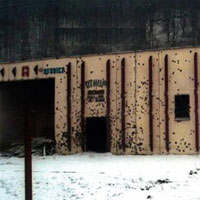

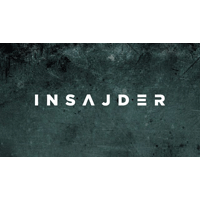
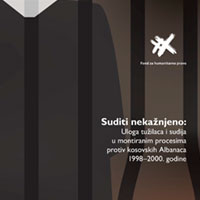
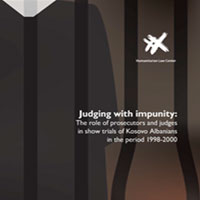 The Humanitarian Law Center will present the Report titled „ Judging with impunity: The role of prosecutors and judges in show trials of Kosovo Albanians in the period 1998-2000“, on Tuesday, July 25th, 2017. The presentation will take place in the Great Hall of the Media Center in Belgrade (Terazije nr. 3, II floor) at 11:00.
The Humanitarian Law Center will present the Report titled „ Judging with impunity: The role of prosecutors and judges in show trials of Kosovo Albanians in the period 1998-2000“, on Tuesday, July 25th, 2017. The presentation will take place in the Great Hall of the Media Center in Belgrade (Terazije nr. 3, II floor) at 11:00.

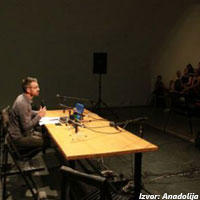


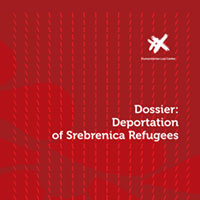 After the fall of Srebrenica on 11 July, 1995, an estimated 7,905 persons disappeared, mostly men considered by the Army of Republika Srpska as “able-bodied”. DNA analysis of the mortal remains of those found in mass graves, to date, has enabled positive identification of 5,977 persons killed in Srebrenica.
After the fall of Srebrenica on 11 July, 1995, an estimated 7,905 persons disappeared, mostly men considered by the Army of Republika Srpska as “able-bodied”. DNA analysis of the mortal remains of those found in mass graves, to date, has enabled positive identification of 5,977 persons killed in Srebrenica.